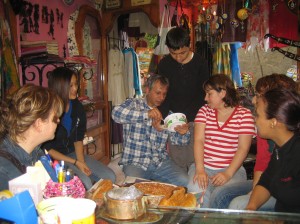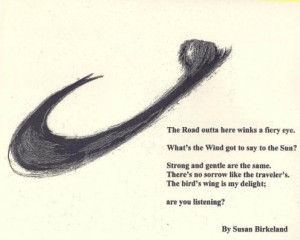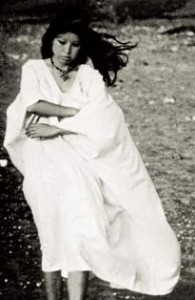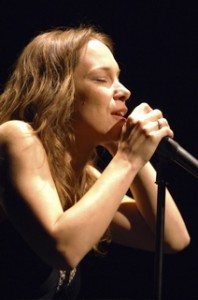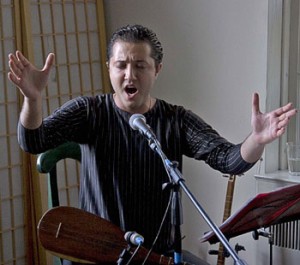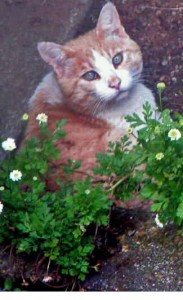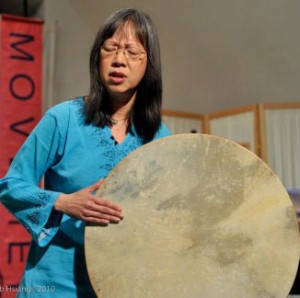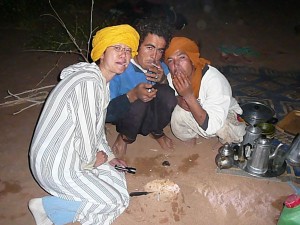 Who is Gaya Jenkins? I know her and I don’t. Gaya was one of my first poetry friends at Sacred Grounds. We went out to dinner one time. I gave her rides back to her Chinatown residence after the reading. We got close, once, when I didn’t want to go home and she needed to make a delivery in Petaluma. We drove up, half crazed in our respective mood, both needed to take a time out from reality. And then Gaya was gone. She moved around the country while I faithfully remain at Sacred Grounds.
Who is Gaya Jenkins? I know her and I don’t. Gaya was one of my first poetry friends at Sacred Grounds. We went out to dinner one time. I gave her rides back to her Chinatown residence after the reading. We got close, once, when I didn’t want to go home and she needed to make a delivery in Petaluma. We drove up, half crazed in our respective mood, both needed to take a time out from reality. And then Gaya was gone. She moved around the country while I faithfully remain at Sacred Grounds.
I heard from her at times, through emails. She was not well. Always struggling, always fighting her own body, the mortal combat between good and evil. Yet she was concerned with my son Lawrence—all the surgeries that he had had to go through. In her dark times she put out good thoughts for him. Lawrence survived, but Gaya is still battling, this time more than ever, when her cancer is becoming vicious and out of control.
Death may be imminent, but her spirit is strong. Gaya needs prayers, blessings, thoughts, words or whatever healing energy each of us can impart. Because she is a poet. Because she believes in the collective energy. Because she is love.

